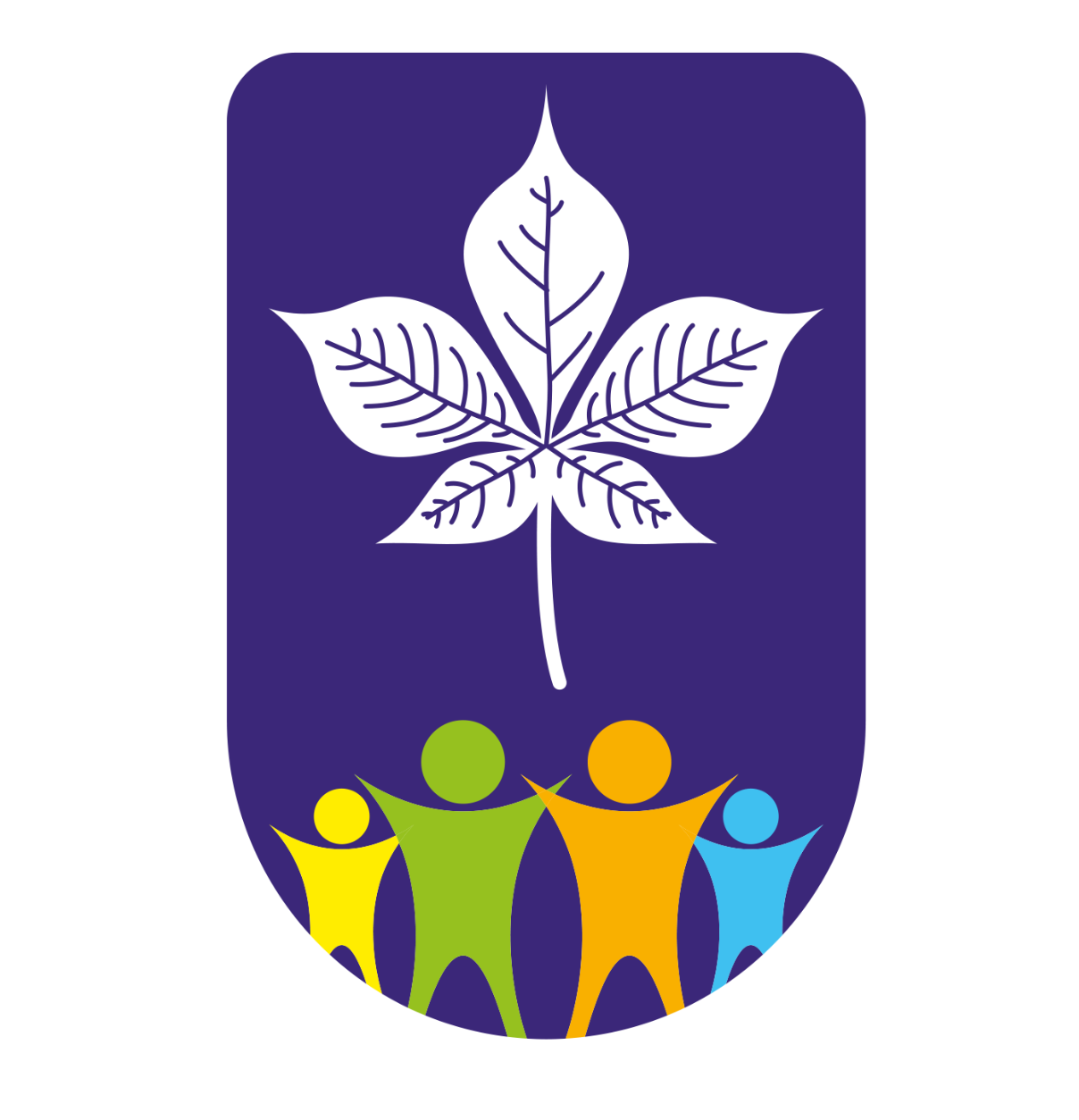Geography
The geography that children learn is brought `alive’ for them through investigating and asking questions about the world.
Geography helps us to make sense of the world around us and better understand the places we live in, learn about and visit. Through geography, we encounter different societies and cultures and learn to appreciate the incredible diversity of landscapes and peoples and how they are connected to a globalised world. We face questions about what it means to live sustainably in an interdependent world and learn to value and care for the planet and all its inhabitants.
At Badby we want geography to inspire pupils' curiosity and fascination with the world and its people that will remain with them for the rest of their lives. Teaching should equip pupils with knowledge about diverse places, people, resources and natural and human environments, together with a deep understanding of the Earth’s key physical and human processes.
What do we learn about in Geography?
-
Landscapes
-
Human and physical features
-
Landmarks
-
Physical systems and processes
-
Environments
-
Settlements
-
Biomes
-
Climate
-
Land use
-
Environmental issues
-
Sustainability
How is Geography taught?
Geography is taught through a combination of subject knowledge, geographical skills, enquiry and fieldwork. Learning takes place both inside and outside the classroom. Following the Dimension thematic units we ensure that a combination of high quality subject knowledge, geographical skills, enquiry and fieldwork is taught.
We see geography as an inter-connected network of skills and concepts which help pupils develop their geographical thinking, identify relationships and make connections with increasing fluency in different and more complex situations. The sequencing of geography in 'Learning Means the World' is planned using the triangulation of three elements:-
-
the National Curriculum
-
the Knowledge Building Pillars and Cognitive Blocks
-
the Skills Ladder
The geographical learning within themes is designed to enable pupils to build on and contextualise prior learning using a contemporary, meaningful framework. Geography is planned for in such a way that each pupil will:-
1. broaden and deepen their knowledge of places
2. increase their technical geographical vocabulary
3. develop their understanding of a range of scales (local > national > global)
4. move from more concrete concepts e.g. beach to more abstract ones e.g. renewable energy
5. see connections between people, places, processes and environments
6. develop skills in a progressive, incremental way
7. use these skills appropriately and, eventually, with independence.
Teachers are also encouraged to plan trips and visitors to enhance our children’s learning experience.
Geography is taught through topics that begin with a recap of learning from previous units and years. Like all subjects, each lesson starts with a recall of knowledge and learning from previous lessons and units. This allows children to see the value in linked learning and transferable skills across different subject areas.

